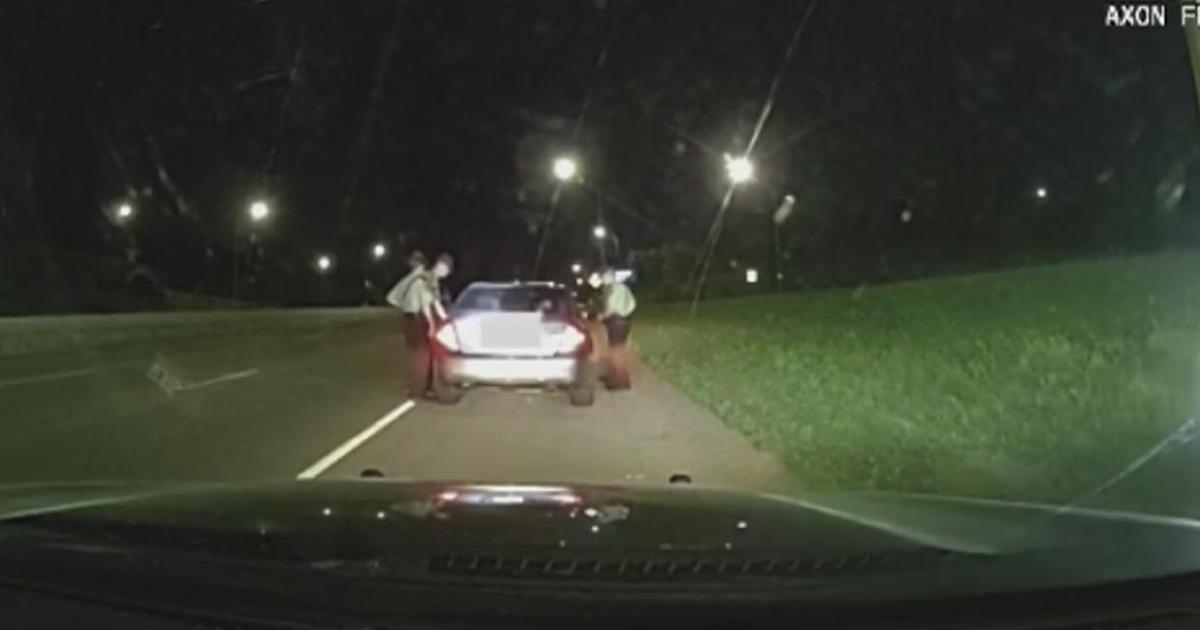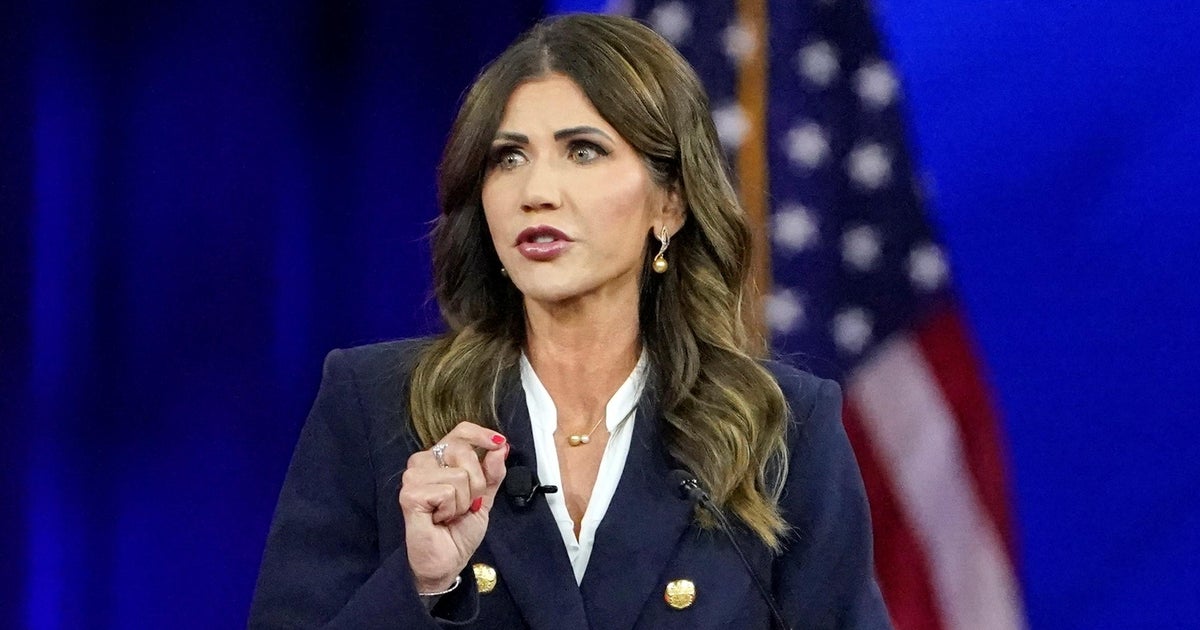Minnesota Supreme Court hears arguments over Trump on 2024 ballot
ST. PAUL, Minn. — The state Supreme Court heard oral arguments Thursday over whether former President Donald Trump should be kept off the Minnesota ballot in 2024.
The lawsuit sparking the case cites the insurrection clause in the 14th Amendment as grounds for disqualifying the former president.
"Donald Trump engaged in rebellion and insurrection against the Constitution of the United States in a desperate attempt to remain in office after losing the election," Ronald Fein, attorney for the petitioners, said. "Section 3 of the 14th Amendment protects the republic from oath-breaking insurrectionists, because its framers understood that if they're allowed back into power, they will do the same or worse."
Five Minnesota Supreme Court justices listened to the arguments Thursday. Two justices have recused themselves from the case. Four of the justices who listened to arguments Thursday were appointed by Democratic governors and the other was appointed by a Republican governor.
State officials are asking for a swift decision from the court due to Minnesota's presidential primary, just four months away.
"The secretary's essential concern here is that all of these folks are given the time that they need to do their work preparing for the March election. So as we explained in our initial response, Minnesota's election officials need this petition to be determined no later than Jan. 5, so that they can start the election machinery running," Assistant Attorney General Nathan Hartshorn said.
Extended: Oral arguments in case over Trump's appearance on 2024 ballot
David Schultz, a political science professor at Hamline University, said there are a lot of unknowns with the case as there has never been a lawsuit like this debated in American history.
The insurrection clause was originally created to address issues following the Civil War. Schultz said some legal historians still argue that was its only purpose. He adds there's also questions on whether it pertains to former presidents.
"If you actually look at the language of what's called the insurrection clause, the actual language itself says that somebody who previously held certain offices in the United States and who had taken an oath to uphold the Constitution could be excluded from the ballot," Schultz said. "It never mentions the president of the United States. So, we don't even know actually applies to somebody who had previously served as president. It talks about senators, it talks about members of the House of Representatives, it talks about people who served in state legislature, but it doesn't refer to a former president."
Depending on the outcome, Schultz said it could have a significant impact on future presidential elections.
"If Donald Trump is excluded from the ballot here what's to prevent another court in another state to say that something that Joe Biden did makes him an insurrectionist and therefore, he can be excluded from the ballot," he said.
A similar lawsuit is also being heard right now by the state Supreme Court in Colorado.
Schultz said some are also raising concerns as to whether these cases could be taking away the power of the American people to vote, something that played out when the U.S. Supreme Court settled a dispute on a Florida recount in the 2000 presidential election.
"Twenty-four years ago, the U.S. Supreme Court was heavily criticized for when it resolved the election dispute between Bush v. Gore and people said, 'Perhaps we should not let the courts decide the elections, but let people decide,'" he said.
Chief Justice Natalie Hudson questioned whether chaos would be the result of kicking Trump off the ballot.
"Let's say we agree with you that section 3 is self-executing and we do have the authority under the relevant statute to keep Mr. Trump's name off the ballot," she said. "Should we, is the question that concerns me."
Legal analyst Joe Tamburino said the question may be the key to the court's decision, because that could lead to 50 different states with 50 different hearings.
A decisive decision on the lawsuit is not expected immediately. Thursday's proceedings were only a hearing.
Schultz said it's more likely that the state Supreme Court will deliberate on whether they have jurisdiction over this case at as it's an issue of constitutional law. Should the court dismiss the lawsuit, the case could be appealed and make its way to the U.S. Supreme Court.
Schultz said it's also possible the state Supreme Court could also choose to wait to hear the case until the four criminal court cases currently against the former president are resolved. He adds they could also wait to see if Trump wins the Republican nomination for president.
Regardless, it could take anywhere from a day to several weeks for the Minnesota Supreme Court to announce any decision.




